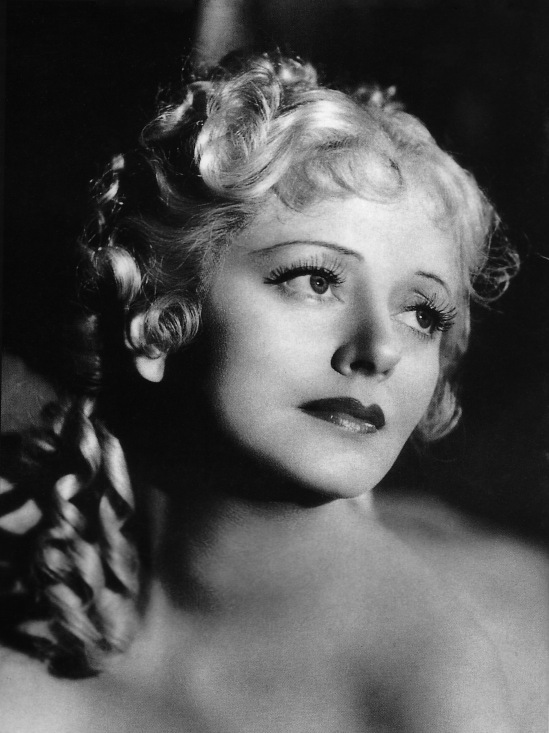Evelyn Laye (1900 – 1996) was an English theatre and musical film actress, who was active on the London light opera stage.
Born as Elsie Evelyn Lay in Bloomsbury, London, and known professionally as Evelyn Laye, and informally as Boo. Her parents were both actors and her father a theatre manager. She made her first stage appearance in August 1915 at the Theatre Royal,Brighton as Nang-Ping in Mr. Wu, and her first London appearance at the East Ham Palace on 24 April 1916, aged 16, in the revueHoni Soit, in which she subsequently toured.
For the first few years of her career she mainly played in musical comedy and operetta, including Going Up in 1918. Among her successes during the 1920s were Phi-Phi (1922), Madame Pompadour (1923), The Dollar Princess, Blue Eyes (1928) and Lilac Time. She made her Broadway debut in 1929 in the American première of Noël Coward’s Bitter Sweet and appeared in several early Hollywood film musicals. She continued acting in pantomimes such as The Sleeping Beauty and Cinderella.

Evelyn Laye via
Evelyn Laye via
Evelyn Laye via
Evelyn Laye via
Evelyn Laye via





















